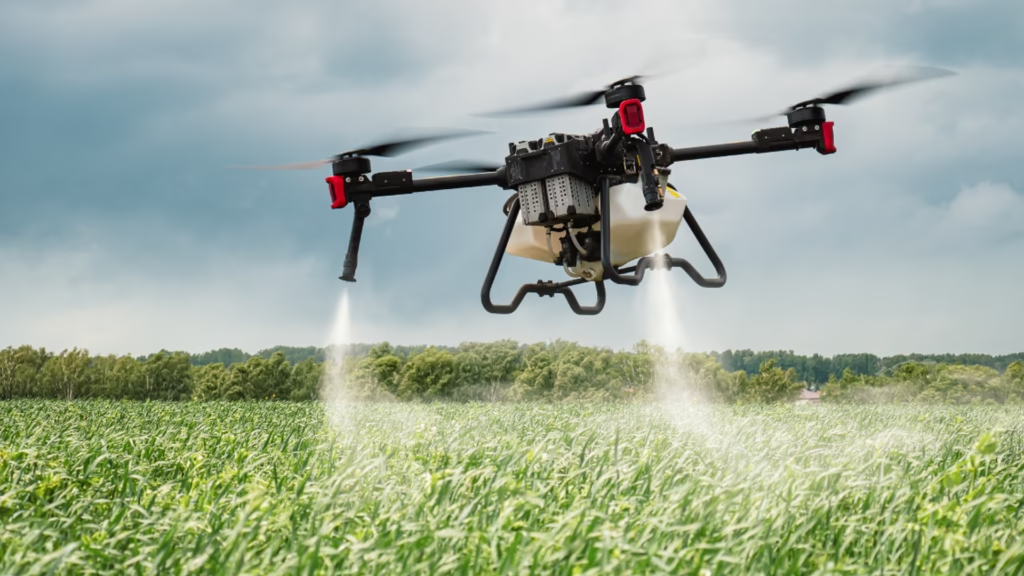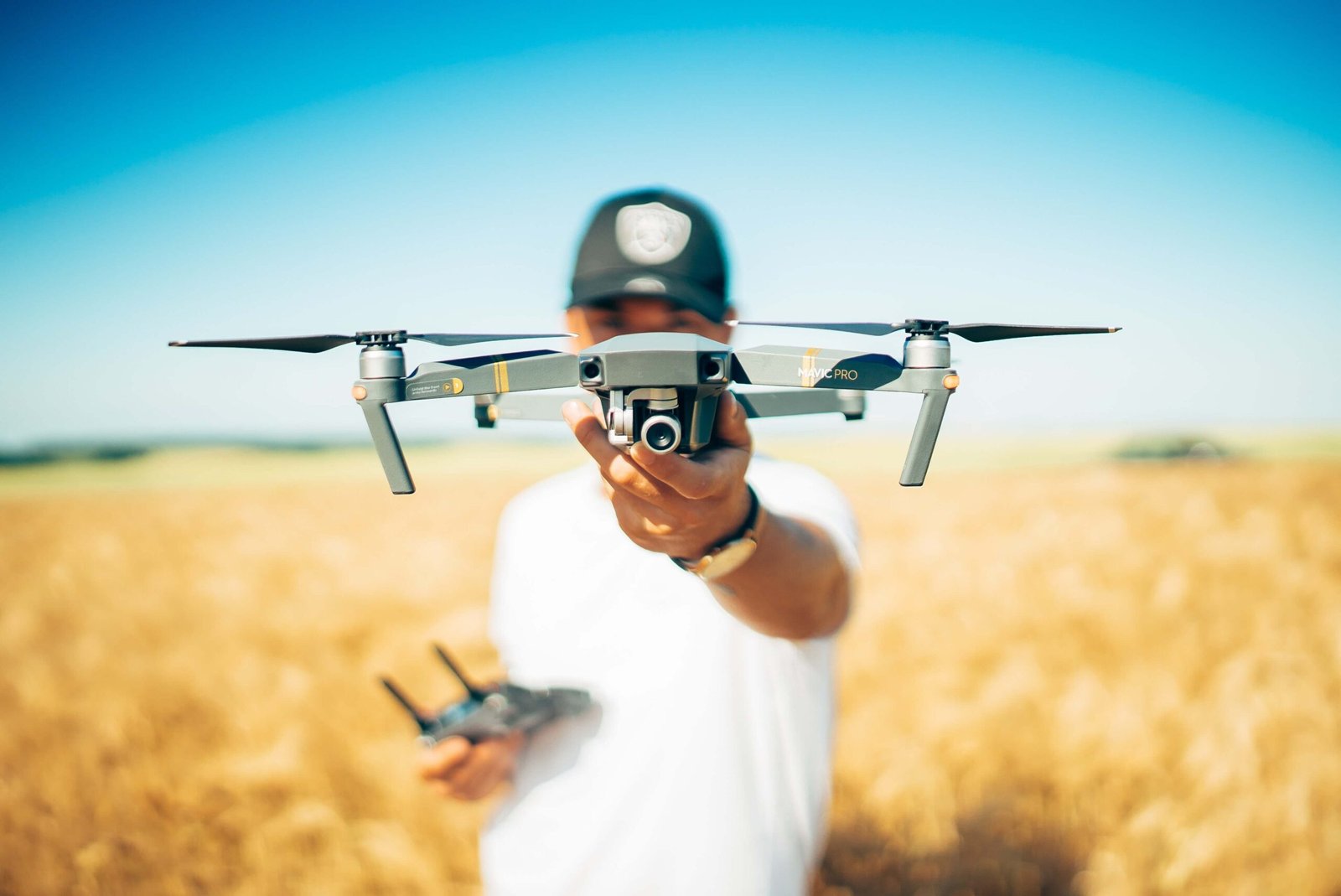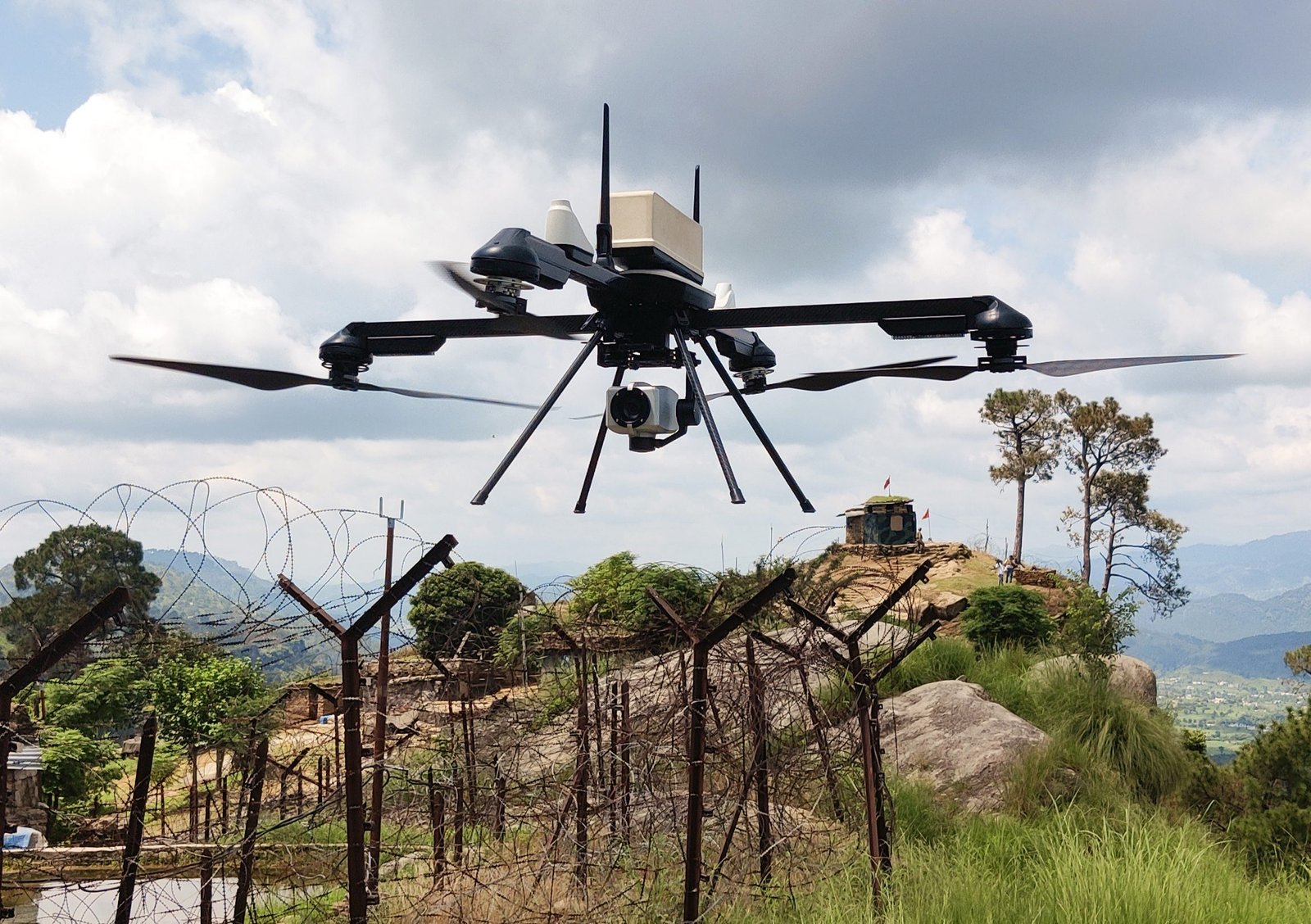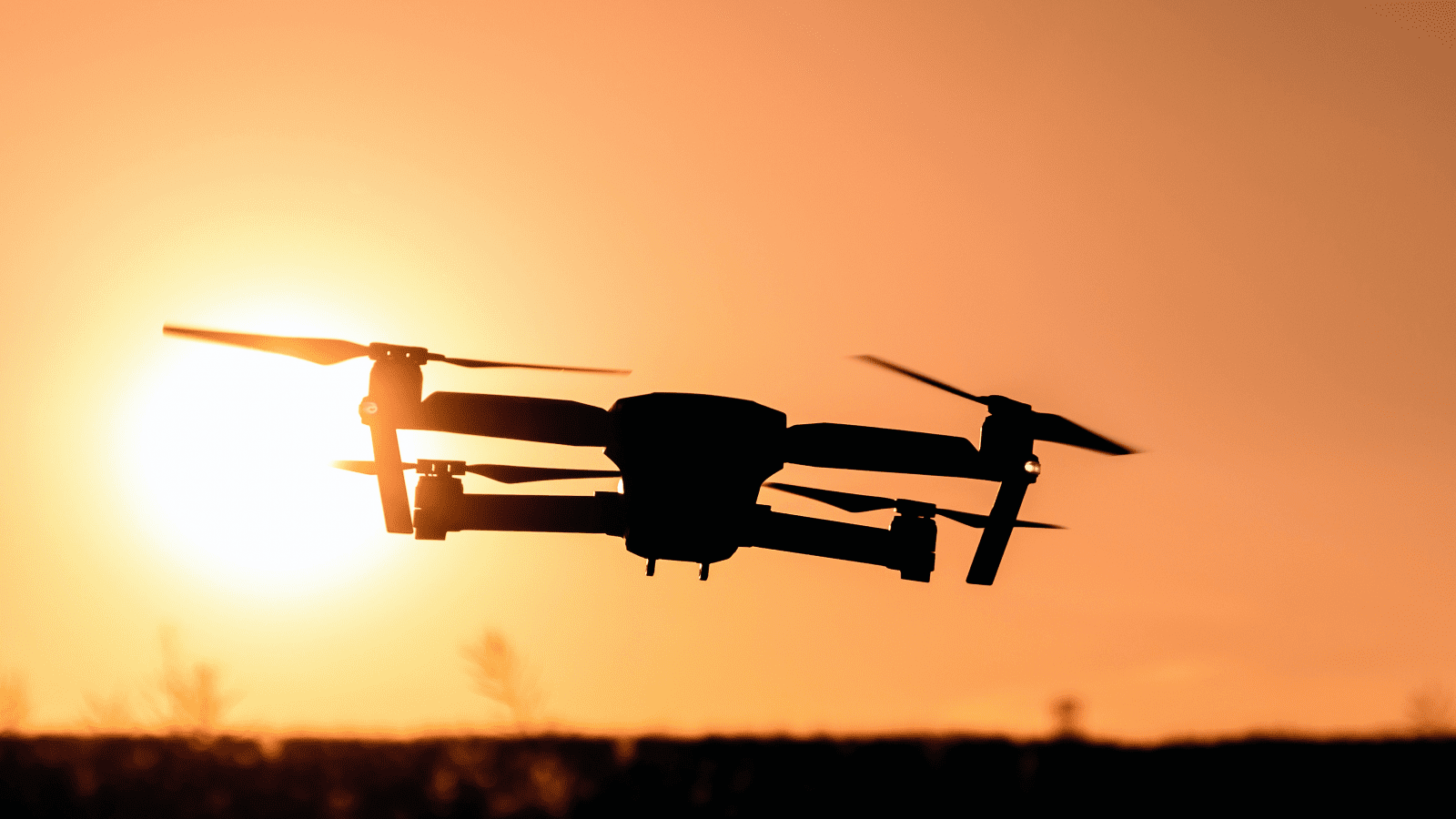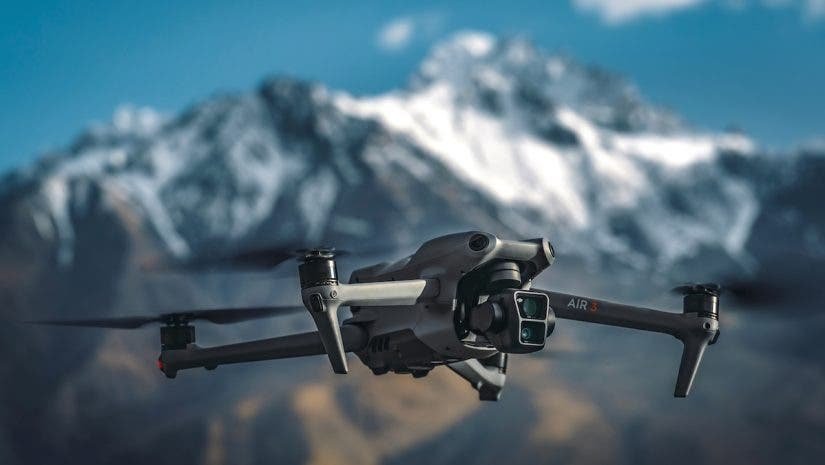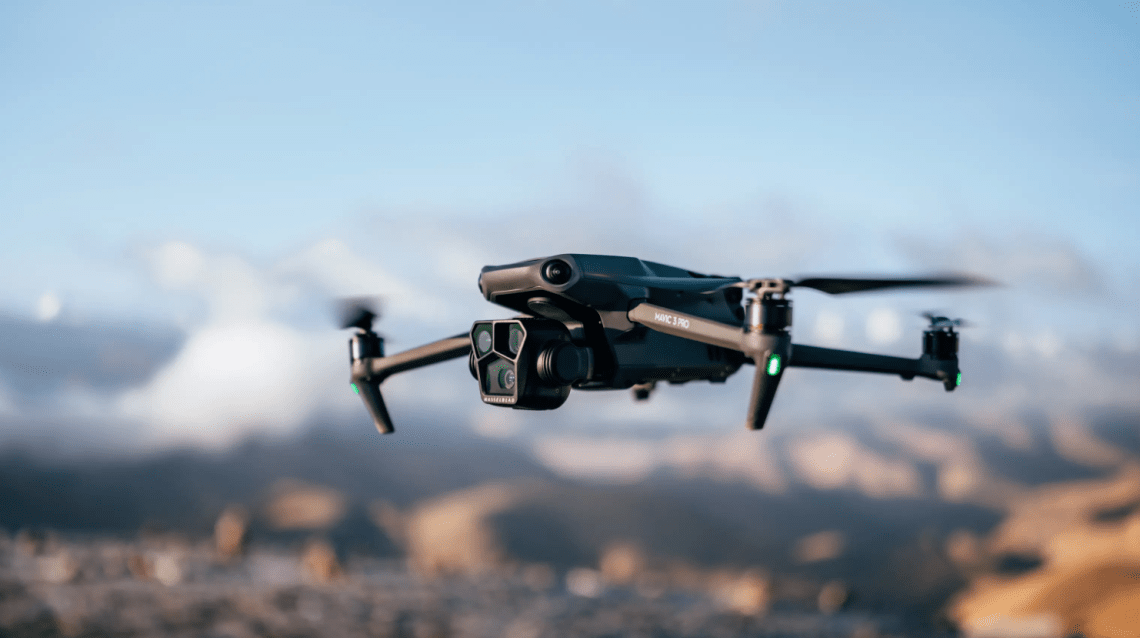Farming has always been a blend of science and hard work, but in today’s world, it’s also becoming increasingly data-driven. Precision agriculture with AI-powered drones is revolutionizing the way farmers monitor crops, manage resources, and maximize yields. By combining advanced imaging technology with artificial intelligence, these drones are helping farmers make smarter, faster, and more profitable decisions.
What is Precision Agriculture?
Precision agriculture is a farming approach that uses data-driven techniques to optimize planting, watering, fertilization, and harvesting. Instead of treating entire fields the same, farmers can target specific areas based on soil health, crop growth, and environmental factors.
AI-powered drones take this to the next level by automating data collection and analysis, giving farmers actionable insights in real time. If you’re new to drone technology, see our guide on How Drones Work for a foundation.
How AI-Powered Drones Are Changing Farming
1. Real-Time Crop Monitoring
Drones equipped with multispectral and hyperspectral cameras can detect changes in plant health long before they are visible to the human eye. AI algorithms process this data to identify nutrient deficiencies, water stress, or disease outbreaks.
2. Precision Spraying
By analyzing field maps, drones can perform targeted spraying of pesticides, herbicides, and fertilizers—reducing chemical waste and lowering environmental impact.
3. Soil and Field Analysis
Pre-planting soil scans help farmers determine the best planting patterns. AI-powered drones can create 3D field maps for irrigation planning and drainage optimization.
4. Yield Prediction
Machine learning models analyze drone data to predict crop yields, helping farmers make informed marketing and storage decisions.
5. Automated Weed Detection
AI can differentiate between crops and weeds, allowing targeted weed removal instead of blanket herbicide application.
For more on agricultural drone applications, check our dedicated post on Drones in Agriculture.
Benefits of Precision Agriculture with AI Drones
- Higher Yields: Early detection and intervention improve plant health and output
- Lower Costs: Optimized use of resources reduces fuel, water, and chemical expenses
- Environmental Sustainability: Less runoff and waste mean lower environmental impact
- Faster Decision-Making: AI turns raw data into actionable insights instantly
- Labor Efficiency: Reduces the need for manual crop scouting
AI & Data Integration
AI-powered drones don’t just collect data—they integrate with farm management software to provide recommendations. This integration enables predictive analytics, where farmers can forecast problems before they happen. Learn more about predictive maintenance concepts in our article on Drone Safety Protocols for Commercial Operations.
Real-World Applications
- Vineyard Health Monitoring: Identifying diseases like powdery mildew early
- Irrigation Optimization: Detecting dry zones and adjusting water distribution
- Nutrient Management: Spotting nitrogen deficiencies and applying targeted treatments
- Pest Control: Locating and treating infested areas with pinpoint accuracy
Choosing the Right AI-Powered Drone for Farming
When selecting a drone for precision agriculture, consider:
- Camera Capabilities: Multispectral sensors for crop health monitoring
- Flight Time: Enough to cover your acreage in one session
- Software Integration: Compatibility with AI analysis platforms
- Durability: Weather-resistant for outdoor farm conditions
For training on agricultural drone operations, see our Drone GIS and Mapping Course or Drone Photography & Videography Course.
The Future of AI Drones in Farming
With AI continuing to advance, future drones will likely operate autonomously, performing crop monitoring, spraying, and even harvesting without human intervention. Combining drones with IoT (Internet of Things) devices and satellite data will further enhance decision-making and farm efficiency. For more on industry advancements, read The Future of the Drone Industry in the USA.
Final Thoughts
AI-powered drones are ushering in a new era of farming. By enabling farmers to work smarter rather than harder, these technologies are increasing yields, reducing waste, and promoting sustainable practices.
Pro Tip: If you’re looking to adopt drone technology for farming, start with a Drones in Agriculture Course to gain the skills needed for safe and effective operations.

